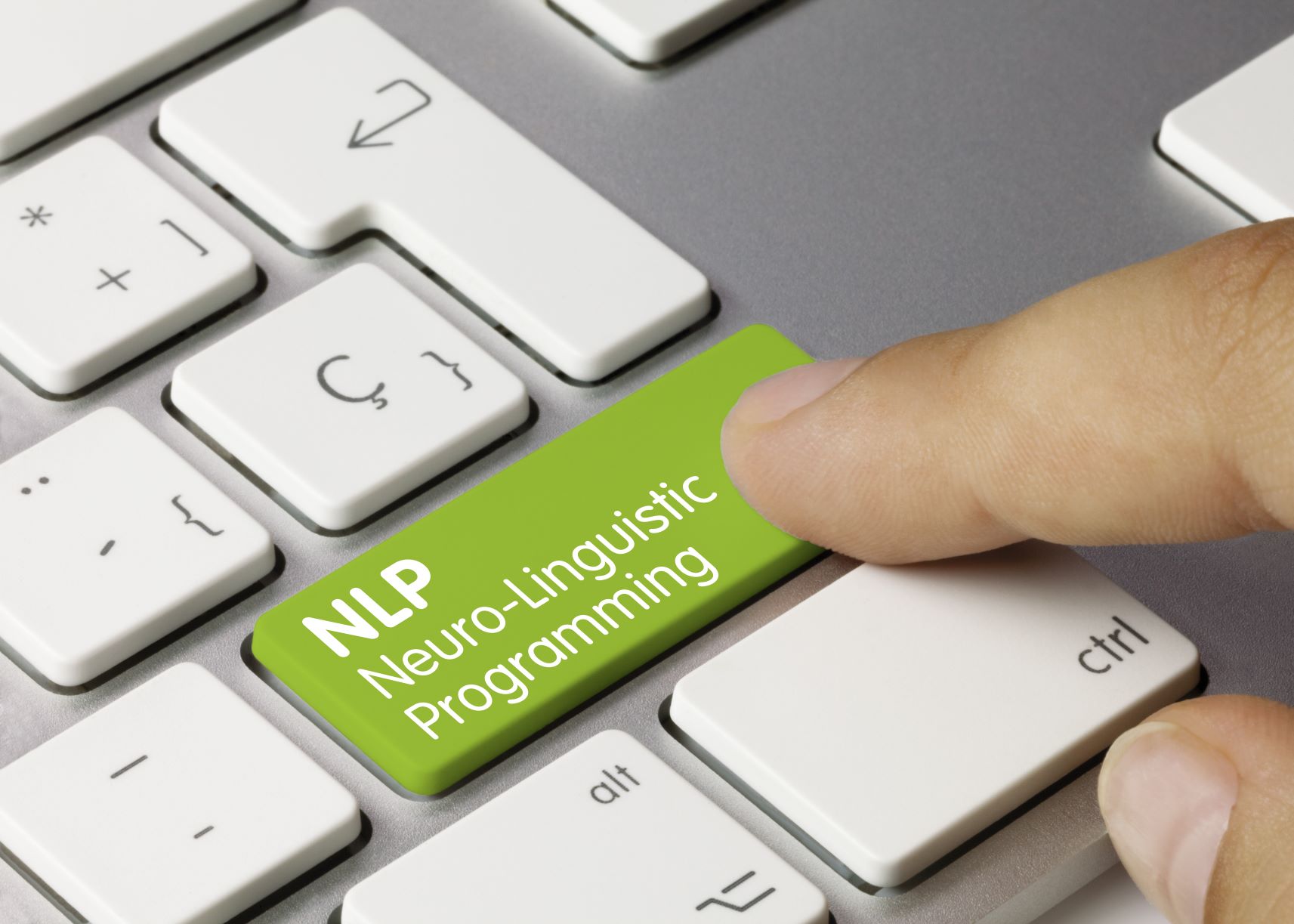4 Great Reasons To Learn Neuro-Linguistic Programming In 2024

Do you want to learn how successful individuals think and act? Are you curious how our feelings sometimes influence our behavior and way of life? If you want to learn more about human behavior to help others and change the world, then you need to know the principles of neuro-linguistic programming (NLP).
What Is Neuro-Linguistic Programming?

Neuro-linguistic programming (NLP) refers to a psychological-experiential approach that involves understanding and performing an action to learn from experience and attain personal goals. This approach relates thoughts, patterns of behavior, and language learned through experience.
NLP makes use of effective strategies and techniques to create changes in thinking and communication. The principal authors and founders of neuro-linguistic programming were Richard Bandler (information scientist and mathematician) and John Grinder (linguist). They developed this approach at the University of California in 1970.
The term neuro-linguistic programming came from the words, neuro which means senses (auditory, visual, taste, sense of smell, etc.), linguistics or language, and programming or neural network pathways to program actions in predictable ways.
4 Reasons To Learn Neuro-Linguistic Programming
Here are some good reasons why you should learn neuro-linguistic programming and obtain NLP certification.
1. Understand How Emotions Can Affect Life Decisions And Behavior

By learning neuro-linguistic programming, you’ll be able to have an in-depth understanding of its principles and apply them to your personal life or coach other people. According to RTT, NLP uncovers how mindset and emotions can affect a person’s behavior. Therefore, in this line of work, it’s crucial to have an adequate degree of trust, rapport, and respect between the client to achieve transformational change.
As an NLP coach, you’ll act as a facilitator, helping your clients access and mobilize their inner resources to achieve successful outcomes. Your clients are still responsible for their transformation or the changes they make.
The principles of neuro-linguistic programming include the following:
- NLP is learning from a subjective experience.
- You can map the mind structure.
- People aren’t broken. They just need to look for solutions.
- The body and mind aren’t separate because they are one system.
- There’s no failure, only feedback.
- The meaning of communication is the response that one gets.
- Change your beliefs if they limit you in changing the world.
- All actions have a positive intention that needs to be acknowledged. The thoughts in your mind can result in actual behavior.
- People need to add options, instead of removing them, to pick the best choice.
2. Improve Yourself

Since the study involves interaction with people, implementing NLP strategies in your personal life can assist you to maintain a good balance between your career and family life.
NLP therapy is helpful in a diverse range of areas such as personal development and spirituality. If you’re able to control your own mind and attain self-discipline, you’ll be able to enjoy good health and bring genuine peace and happiness to your family and your community.
Here are the practical applications of neuro-linguistic programming to your life:
- Improve social skills
- Improve leadership skills
- Helps you quit smoking and other vices
- Improve interaction and relationships with others
- Implement positive coping mechanisms when faced with stress, fear, or anxiety
- Become more optimistic and solution-oriented
3. Help Other People

You can use NLP as a therapy to help others change bad habits. If you like the idea of helping other people manage their low self-confidence, anxiety, fears, chronic pain, insomnia, and phobias, then you can become a professional by learning NLP. In this way, you can help them transform their feelings, thoughts, and behaviors, and aid them in creating a better life for themselves with their family and friends.
You can help more people using the NLP concept by taking an NLP course and get certified. Once you have successfully passed your NLP training, you’re a certified NLP practitioner. It means that you can practice NLP professionally, and provide therapy sessions for your clients. And as an NLP coach, you can teach people how to communicate more persuasively.
With NLP, you can make your community more responsive to the needs of others by:
- Raising people’s awareness of existing issues
- Providing models to help people create better solutions to solve their problems
- Help people become more productive, helpful, and hardworking
- Change people’s life perceptions
4. Help Businesses And Organizations

Neuro-linguistic programming also helps various sectors, including sales, sport, education, health, and education to perform better. You can apply the NLP models to an organization and studying any discipline like science and religion.
Here’s how NLP can help the following businesses, sectors, and organizations:
- Businesses: NLP helps enhance different business activities. That’s why NLP concepts are often available in business courses and training such as selling, public speaking, team-building, and presenting. Employee training is more effective if NLP is incorporated, providing employees new approaches when it comes to decision-making strategies to attain peak performance and boost motivation, aligned with work values.
- Education: NLP provides a good model of how you should communicate with yourself and others. It improves people’s ability to teach or impart information to make learning easier. Some examples of NLP-derived learning styles include natural learning, using presuppositions, and identifying language patterns.
- Sports: If you’re into sports, you can use NLP to help athletes attain and maintain sports performance. Some NLP-inspired interventions include learning and creating successful strategies from sporting field leaders. NLP allows you to set athletic performance goals and overcome stumbling blocks.
- Health: You can use the knowledge and skills in NLP training to help improve health. When you become an NLP practitioner, you can help your clients lead more satisfying lives, change beliefs, and facilitate how they can best handle their emotions.
Conclusion
Learning neuro-linguistic programming is a smart move. As you can see, there are many good reasons to learn NLP—from improving yourself for a better future to helping other people and organizations.
Once you become an NLP coach, you can kickstart your career and help change and make the world a better place. Just make sure to choose the right NLP course and certifications to help attain your NLP career goals.




